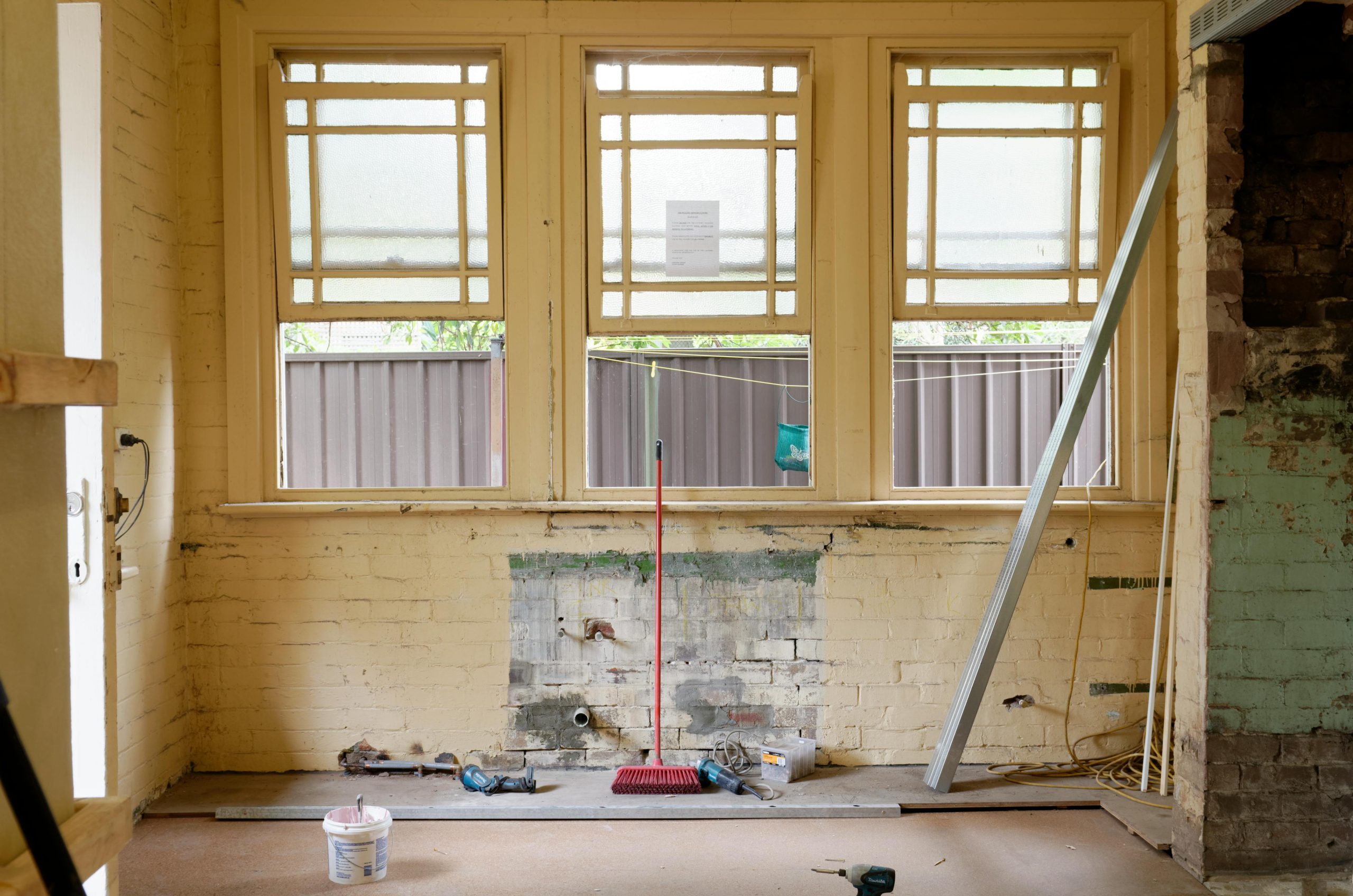In 2020, two-year-old Awaab Ishak died after prolonged exposure to mould in his home in Rochdale.
Under new government proposals, dubbed “Awaab’s law”, social housing landlords in England could be forced to repair mouldy properties much more quickly.
Mould – sometimes referred to using the American spelling mold – is a microscopic fungus that grows in damp places.
Mould spores are found everywhere, and are released in their thousands into the atmosphere.
Signs of mould at home include fuzzy black, white or green patches on the walls, and a damp and musty smell.
People living with mould are more likely to suffer from respiratory illnesses, infections, allergies or asthma.
Inhaling or touching the spores that mould releases into the air can cause an allergic reaction, such as sneezing, a runny nose, red eyes and a skin rash.
Mould can also trigger asthma attacks and cause coughing, wheezing and breathlessness.
Each year, the NHS in England spends an estimated £1.4bn on treating illnesses associated with living in cold or damp housing, according to building research body BRE.
Those more at risk from mould include the elderly, children and babies, as well as people with existing respiratory illnesses and some skin problems.
Condensation is the leading cause of mould in homes across the UK.
It most commonly occurs in parts of the home where there are high moisture levels: bathrooms, kitchens, and around windows.
When air cools, water vapour forms into water droplets as it comes into contact with surfaces in the home that are below a temperature known as the dew point.
These surfaces can include uninsulated external walls or windows.
If left untreated, the surface can become damp and create the conditions for mould to grow.
Older and poorly insulated properties are more prone to this.
Mould can also be caused by daily tasks which create excess moisture such as showering, cooking and drying washing indoors.
Taking shorter showers and wiping down surfaces afterwards can help, as can improving ventilation, and opening kitchen windows or using an extractor fan when cooking.
It is also important to check for leaky pipes or gutters which can make the problem worse.
Private and social landlords have a responsibility to make sure homes are safe and in good repair.
In private and social rental properties, it is the landlord’s responsibility to fix a mould problem which is due to poor maintenance, according to the housing charity Shelter.
If the mould is so bad that your home becomes unfit for habitation, then you could be classed as homeless and entitled to emergency accommodation.
But landlords may not be responsible if there is evidence a tenant has not been ventilating the home correctly.
In December 2020, two-year-old Awaab Ishak died after prolonged exposure to mould in his home.
He lived in a one-bedroom flat in Rochdale with his father Faisal Abdullah and Faisal’s wife Aisha Amin.
Mr Abdullah reported mould developing in the flat to his housing association, Rochdale Boroughwide Housing (RBH), in 2017, but was told to paint over it.
In June 2020, he instructed solicitors to issue a claim over the recurring mould, but any repairs could not be done until the case was settled.
Awaab was taken to Rochdale Urgent Care Centre on 19 December that year with shortness of breath, and died a few days later after suffering respiratory and cardiac arrest.
The government has announced plans to ensure social housing providers in England address hazards such as damp and mould more quickly.
Social landlords would have to investigate issues within 14 days and begin fixing them within a further seven days. Emergency repairs would have to be made within 24 hours.
Landlords who fail to comply could be taken to court and ordered to pay compensation.
A consultation on the proposals closes on 5 March.
After this, the government says it will bring Awaab’s Law into force “as soon as practically possible”.
Article by the BBC https://www.bbc.co.uk/news/uk-63642856
If you would like to respond to the consultation; https://www.gov.uk/government/consultations/awaabs-law-consultation-on-timescales-for-repairs-in-the-social-rented-sector
